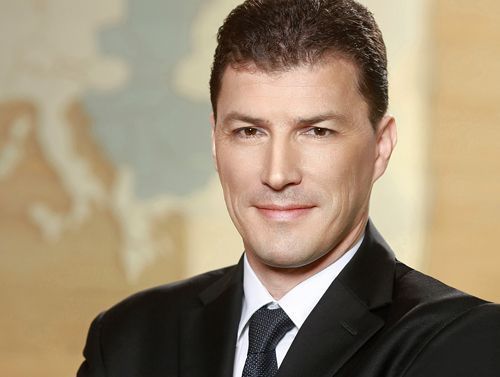Aneta Cichla, ‘Eurobuild Central & Eastern Europe’: Some significant changes lie ahead of you. The contract concluded at the beginning of the year with Accor has made Orbis one of the largest hotel operators in Central and Eastern Europe. What are the company’s plans for its new portfolio?
Gilles Clavie, president of the management board, Orbis hotel group: The transaction we concluded with Accor on January 7th has great potential for Orbis. This does not just cover the purchase of 38 hotels operating in six countries, but it also includes a master franchise contract giving us the exclusive right to represent Accor’s brands in 16 countries. Orbis will have the exclusive rights for a period of at least ten years. So, under the agreement we will not only be managing the chain but also adding to the network new hotels under Accor’s brands. It will make it possible for us to strengthen our position as the largest hotel chain in Central and Eastern Europe and become Accor’s bus





























































